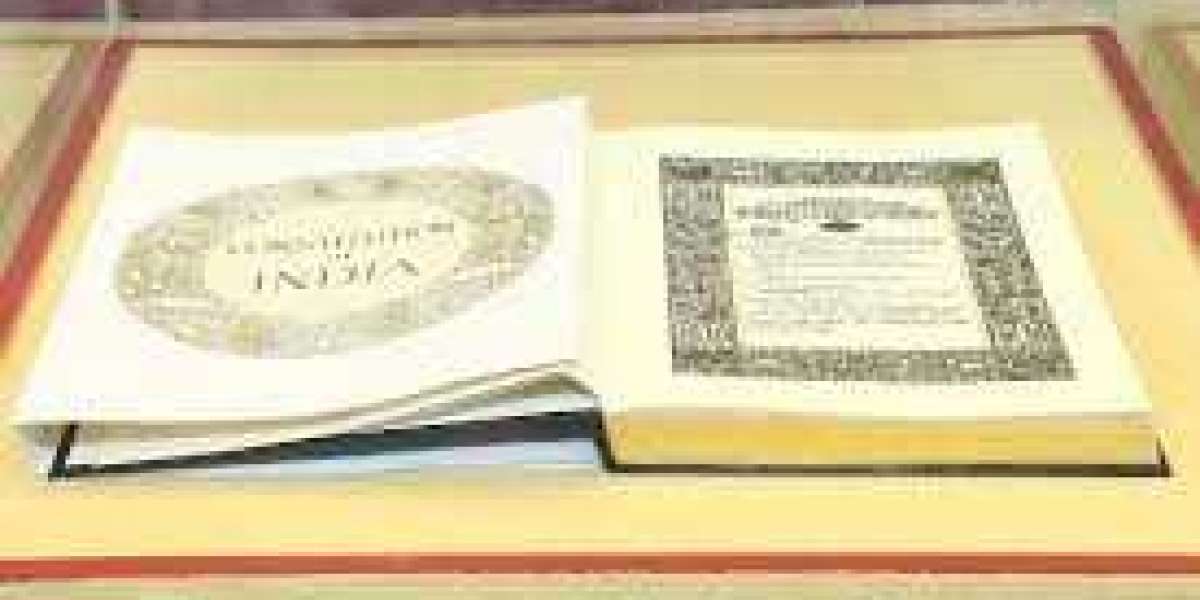The historic Objectives Resolution of Pandit Nehru shaped the constitution. It was reflected in the Preamble of the constitution. The utility and importance has been pointed in various Supreme Court cases. The preamble, serves two purposes: it indicates the source from which the constitution derives its authority and also states its objectives.
Unlike the preceding government of India acts, our constitution is not a gift from the British council. It is ordained by the people of India. The words – “we, the people of India… adopt, enact and give to ourselves this constitution” reflect independence and ultimate sovereignty. While Pakistan remained a British Dominion until 1956, India ceased to be a Dominion and declared herself as a Republic since 1949. From 1950 the crown of England ceased to have any legal or constitutional authority over India and no citizen of India was to have any allegiance to the crown. However India didn’t sever all ties with the British. Thus, although India adheres to the Commonwealth, without any allegiance to the Crown. Thus Sovereignty not inconsistent with membership of the Commonwealth. Though India declares her sovereignty to manage her own affairs, in no unmistakable terms, it does not support isolationism. This was also reflected in Nehru’s non-alignment policy during cold war, wherein India although did not support any of the two enemies, at the same time it remained largely involved in mediating the crisis. Thus representing promotion of international peace. Constitution reflects India to be Democratic society wherein social and economic democracy is the foundation on which political democracy would be a way of life in the Indian polity. Economic justice is envisaged by the directive principles of state policy. The ideal of economic justice thus makes equality of status meaningful and removes inequality of opportunity. Needless to say, democracy can not be achieved unless certain minimal rights are provided. The preamble mentions certain individual rights and duties in this aspect and ensure liberty to be an integral part of the constitution. Article 15 explicitly states equality by throwing open all’ public spaces’ to all citizens and art15(2) by abolishing untouchability,art17 abolishes titles of honour and art 18 offers equality opportunity in matter relating employment under state
Preamble of the constitution is vital in study of any matter relating to the state as it itself states, “in a brief and pithy form the argument of much of the book, and it may accordingly serve as a key-note.”








